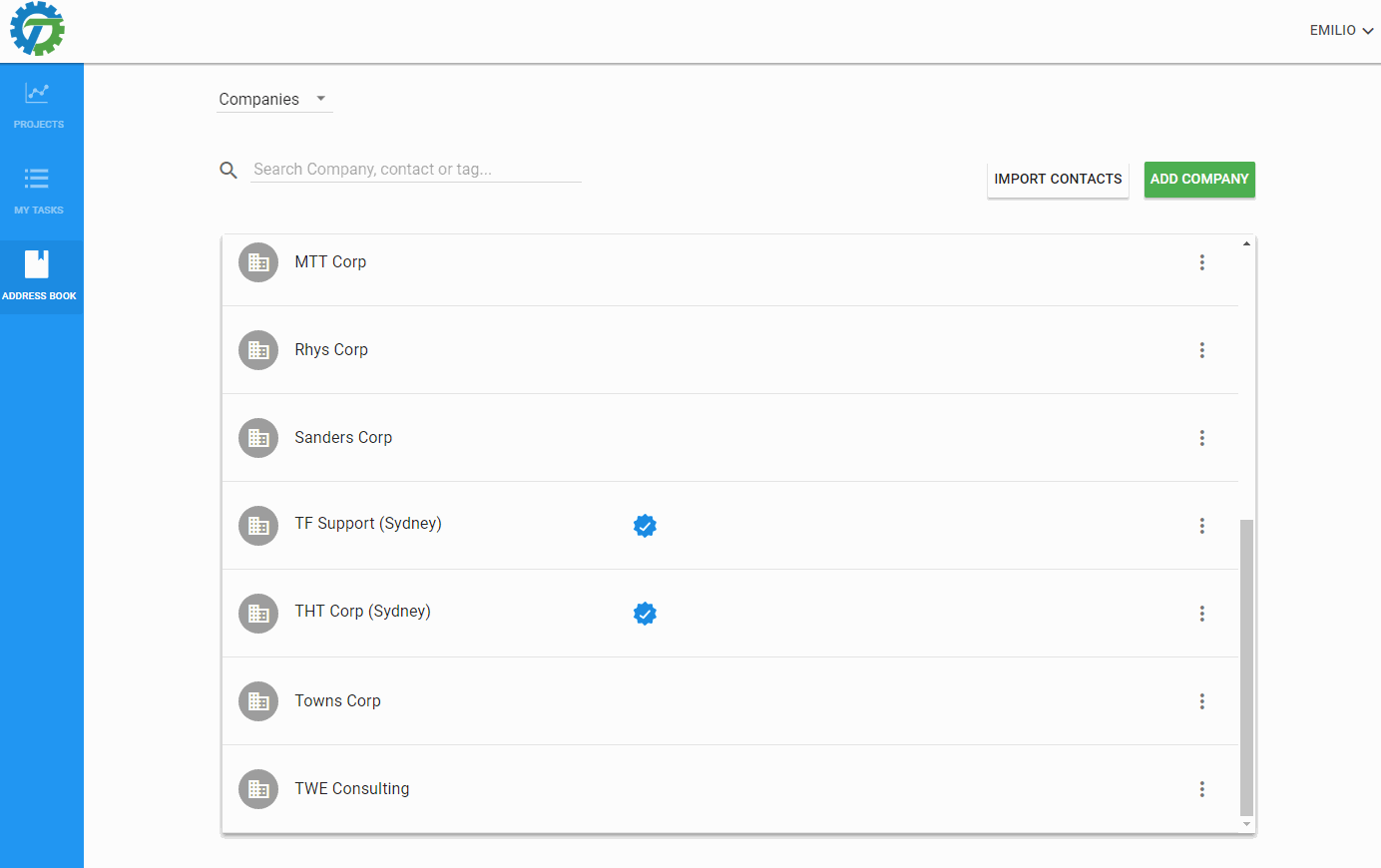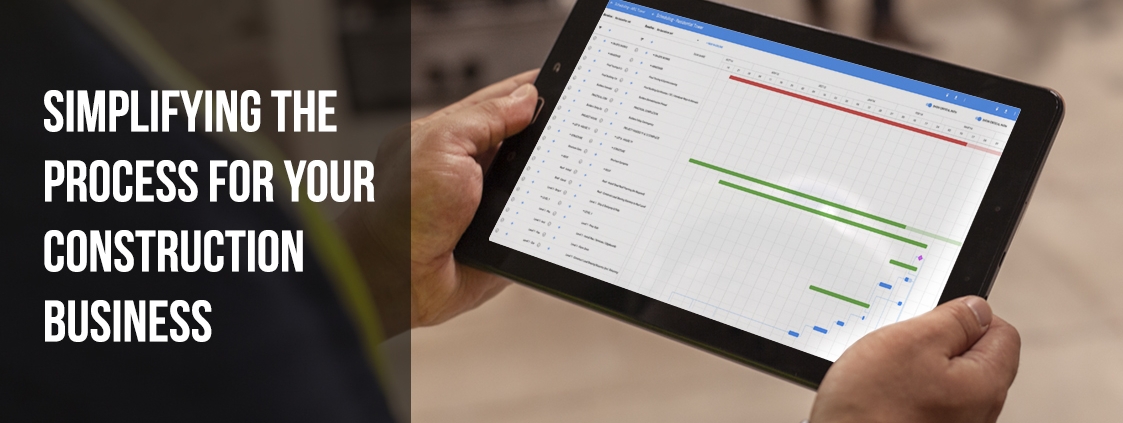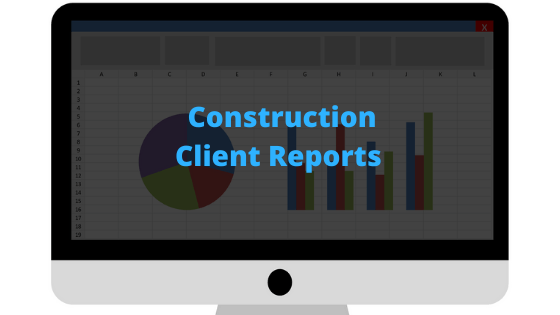Effective Management of Address Book
Managing a construction contractor’s address book is crucial for the smooth operation of construction projects. An address book contains essential contact information for subcontractors, suppliers, vendors, and other stakeholders involved in the construction process. This section outlines strategies to effectively manage and maintain a construction contractor’s address book to ensure efficient communication and collaboration.
Develop a Structured System
– Categorization: Categorize contacts based on their roles and specialties, such as subcontractors, suppliers, architects, engineers, etc. This allows for easier access to specific contacts when needed during different project phases.
– Central Database: Establish a centralized database or software system to store and manage the address book. This ensures all contacts are easily accessible to authorized team members, eliminating duplicate or outdated entries.
Regular Updates and Verification
– Contact Information Accuracy: Regularly verify and update contact information to ensure accuracy. Contact details such as phone numbers, email addresses, physical addresses, and emergency contact information should be reviewed periodically.
– Contact Person Identification: Assign a specific contact person for each company or organization in the address book. This helps in streamlining communication channels and avoids confusion or miscommunication.
Standardize Communication Channels
– Preferred Methods: Determine the preferred communication methods for each contact. This can include email, phone, video conferencing, or project management software. Standardizing communication channels ensures efficient and effective communication.
– Emergency Contacts: Identify emergency contacts and ensure they are readily accessible in case of urgent situations or unforeseen circumstances.
Implement Collaboration Tools
– Project Management Software: Utilize project management software that allows for contact management, communication, and collaboration. These tools often include features like document sharing, task assignment, and progress tracking, enhancing team collaboration and streamlining communication with contractors.
– Cloud-Based Platforms: Store the address book and related documents on cloud-based platforms to enable real-time access for all team members. This ensures that the most up-to-date contact information is available to everyone involved in the project.
Establish Strong Relationships
– Regular Communication: Maintain regular contact with contractors to build strong relationships. Regular communication helps foster trust, improves collaboration, and ensures a smooth flow of information.
– Networking: Attend industry events, conferences, and seminars to expand your contractor network. Building relationships with new contractors can enhance your address book and offer a wider pool of resources for future projects.
Security and Confidentiality
– Data Protection: Ensure that the address book and associated data are protected through appropriate security measures. This includes password protection, limiting access to authorized personnel, and regular data backups.
– Confidentiality Agreements: If necessary, implement confidentiality agreements to protect sensitive contact information and prevent unauthorized use or disclosure.
Regular Auditing and Clean-up
Perform regular audits to identify and remove outdated or duplicate contacts. This helps maintain a clean and organized address book and ensures accurate and up-to-date information.







